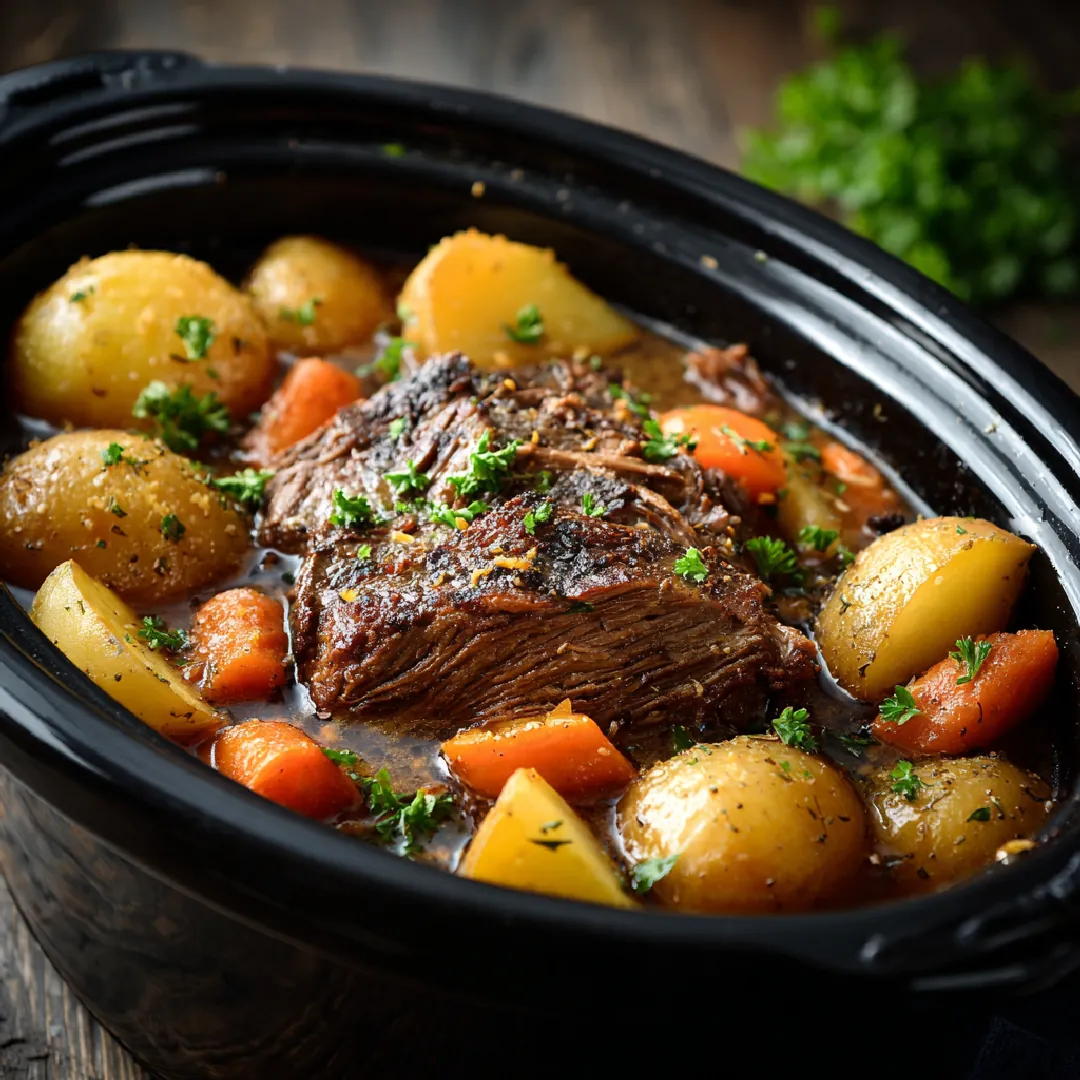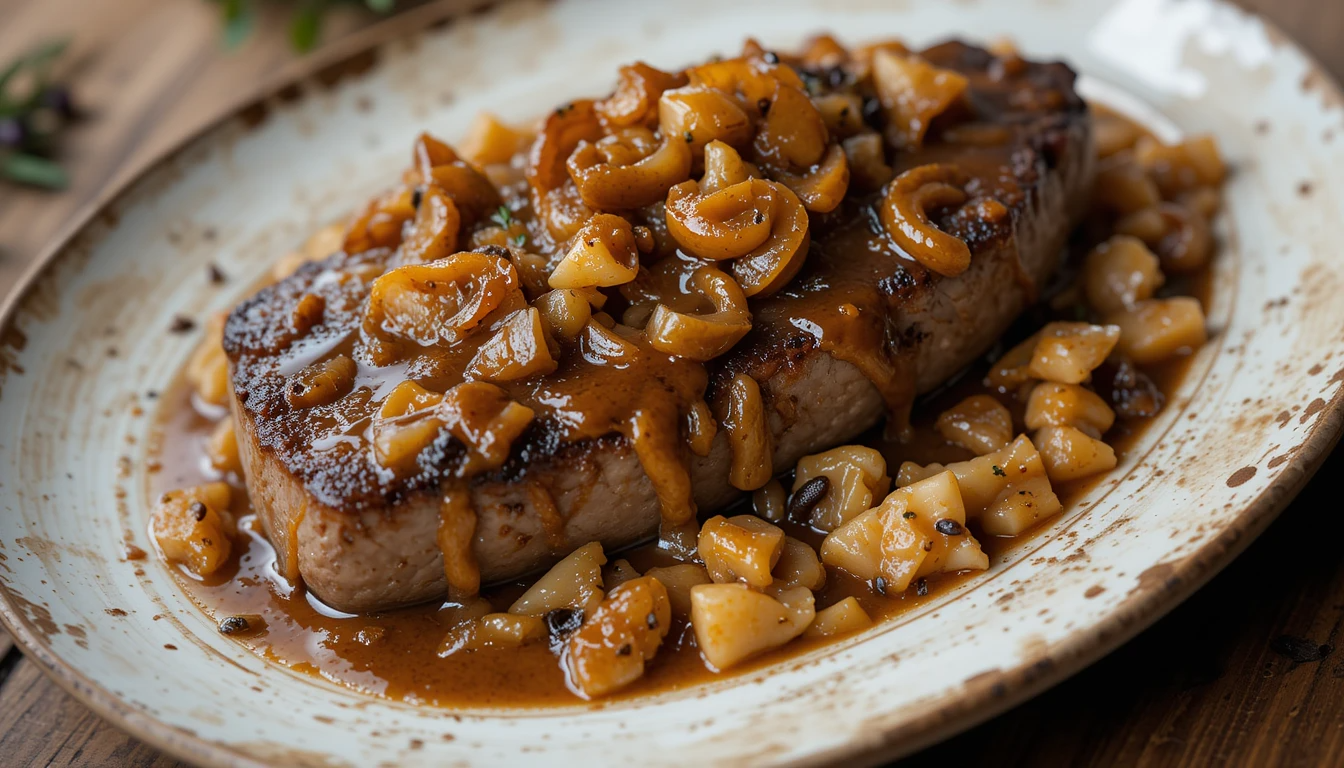Table of Contents
Introduction
Protein is a vital macronutrient that plays an essential role in muscle repair, immune function, and overall bodily health. Whether you’re an athlete, a fitness enthusiast, or someone simply trying to maintain a balanced diet, understanding the protein content in your food is crucial for making healthy choices. Eggs and cottage cheese are two popular protein-rich foods that are often compared, but which one has more protein per serving?
In this article, we will dive deep into the protein content of both eggs and cottage cheese, comparing their nutritional values, health benefits, and the best ways to include them in your diet. By the end of this guide, you’ll have a clear understanding of which food is the superior choice for your protein needs.
Protein Content in Eggs
Eggs are one of the most versatile and nutritious foods available. A single large egg (approximately 50 grams) contains about 6 to 7 grams of protein. However, the protein content can vary slightly depending on the size of the egg. Eggs are considered a complete source of protein, meaning they provide all nine essential amino acids that your body cannot produce on its own.
Whole Eggs vs. Egg Whites
- Whole eggs provide 6 to 7 grams of protein, with the majority of the protein coming from the egg white. The egg yolk contributes about 2.7 grams of protein, while the white contributes the rest.
- Egg whites, on the other hand, are almost purely protein with about 3.6 grams of protein per large egg white and only trace amounts of fat and carbs.
This makes egg whites a popular choice for those looking to increase their protein intake without adding additional calories or fats. They are low in calories—approximately 17 calories per egg white—and high in protein, which is beneficial for muscle growth, fat loss, and overall health.
Amino Acids in Eggs
Eggs contain all nine essential amino acids, which are the building blocks of protein. These include:
- Leucine
- Isoleucine
- Valine
- Lysine
- Methionine
- Threonine
- Tryptophan
- Phenylalanine
- Histidine
Because eggs are considered a “complete” protein, they are an excellent choice for muscle repair and growth. Consuming eggs after exercise can help support muscle recovery, as the body requires these amino acids to rebuild tissue and promote muscle growth.
Protein Content in Cottage Cheese
Cottage cheese is another excellent source of protein, with a slightly different nutritional profile compared to eggs. It is made from the curds of cow’s milk and is a dairy product, meaning it is rich in both protein and calcium. The protein content in cottage cheese can vary depending on the type (low-fat, full-fat, or fat-free), but on average, one cup (about 240 grams) of low-fat cottage cheese contains 28 grams of protein.
Types of Cottage Cheese and Protein Content

- Low-fat cottage cheese (1% or 2% milk fat) is the most commonly available type and contains around 14 to 15 grams of protein per 100 grams (about 1/2 cup).
- Full-fat cottage cheese has a slightly lower protein content but still delivers a solid amount—about 11 to 13 grams of protein per 100 grams.
- Fat-free cottage cheese may provide slightly more protein than its full-fat counterpart, but the difference is minimal.
Cottage cheese is rich in casein protein, a type of protein that is digested more slowly than whey protein. This slow digestion makes it a great option for a sustained release of amino acids throughout the day or during sleep, promoting muscle recovery.
Amino Acids in Cottage Cheese
Like eggs, cottage cheese also contains a variety of essential amino acids. However, it is particularly high in casein, which is beneficial for muscle maintenance and preventing muscle breakdown over time. Casein forms a gel-like substance in the stomach, allowing it to be digested more slowly, keeping you full longer and ensuring a steady supply of amino acids to your muscles.
Comparing the Protein Content
To truly compare the protein content of eggs and cottage cheese, let’s look at the numbers for a typical serving size:
- 1 large egg (50 grams): 6 to 7 grams of protein.
- 1 cup (240 grams) of low-fat cottage cheese: 28 grams of protein.
Per 100 grams:
- Eggs: Around 12 to 14 grams of protein per 100 grams (depending on size and whether the egg is whole or just the white).
- Cottage cheese: About 12 to 15 grams of protein per 100 grams, depending on whether it’s full-fat or low-fat.
Protein Density
When you compare the two foods on a weight-for-weight basis, both eggs and cottage cheese deliver approximately the same amount of protein per 100 grams. However, cottage cheese has a higher protein density per serving due to the large volume you typically eat at once. One cup of cottage cheese contains significantly more protein than a single egg or even multiple eggs.
If you’re looking to maximize your protein intake, cottage cheese offers a larger portion size, making it a more filling option for those looking to boost protein intake quickly. On the other hand, eggs are versatile, easy to prepare, and more portable, which can make them a more convenient choice for many people.
Health Benefits of Eggs and Cottage Cheese
Both eggs and cottage cheese are packed with nutritional benefits beyond just protein. Let’s take a look at what other health advantages they offer:
Health Benefits of Eggs
- Rich in Vitamins and Minerals: Eggs are a great source of essential vitamins and minerals like vitamin B12, riboflavin, folate, and selenium. These nutrients help with energy production, red blood cell formation, and immune system function.
- High in Healthy Fats: Whole eggs contain beneficial fats, including omega-3 fatty acids (particularly if you choose eggs from hens fed omega-3-rich diets). These fats support heart health, brain function, and inflammation control.
- Support Eye Health: The lutein and zeaxanthin in egg yolks are antioxidants that protect against age-related macular degeneration and cataracts, supporting overall eye health.
- Choline: Eggs are one of the best sources of choline, an essential nutrient that is vital for brain health, liver function, and the formation of cell membranes.
Health Benefits of Cottage Cheese
- Excellent Source of Calcium: Cottage cheese is rich in calcium, which plays a vital role in bone health, muscle function, and nerve transmission. One cup of low-fat cottage cheese can provide up to 20% of your daily calcium requirement.
- Supports Muscle Recovery: Due to its high casein content, cottage cheese provides a slow-digesting protein that is ideal for muscle repair and recovery. It’s particularly beneficial when consumed before bed for overnight muscle recovery.
- Probiotic Benefits: Cottage cheese often contains probiotics, beneficial bacteria that promote gut health. These probiotics support digestion and the immune system, ensuring a healthy gut microbiome.
- Low in Calories: Cottage cheese, especially the low-fat variety, is relatively low in calories, making it an excellent choice for those looking to lose weight or maintain a healthy weight while still meeting their protein needs.
Best Ways to Include Eggs and Cottage Cheese in Your Diet

Now that we’ve explored the protein content and health benefits of both eggs and cottage cheese, let’s take a look at how you can easily incorporate them into your daily meals.
How to Incorporate Eggs into Your Diet
- Boiled or Scrambled Eggs: One of the simplest ways to enjoy eggs is by boiling or scrambling them. Both methods preserve the protein content and are quick to prepare. Pair them with vegetables for a balanced breakfast or light meal.
- Eggs in Salads: Hard-boiled eggs make a great addition to salads, offering a protein boost while complementing the flavors of leafy greens and vegetables.
- Egg Muffins: If you’re looking for a portable and protein-packed snack, try making egg muffins. Simply whisk eggs, add vegetables or lean meats, pour into a muffin tin, and bake.
- Egg-Based Smoothies: For a more unconventional option, raw eggs (pasteurized for safety) can be added to smoothies to increase their protein content without altering the taste.
- Omelettes: Omelettes are an easy and customizable way to eat eggs. Add your favorite fillings, like cheese, spinach, tomatoes, or mushrooms, for a nutritious meal.
- Cakes: Eggs are incredibly versatile and can be used in many different dishes. For instance, you can bake them into desserts like cakes. Learn more about cooking with eggs in our article on Texas Sheet Cake.
How to Incorporate Cottage Cheese into Your Diet
- Cottage Cheese with Fruits: A classic and delicious way to eat cottage cheese is by pairing it with fresh fruit like berries, peaches, or pineapple. This combination provides a balance of protein and natural sugars.
- Cottage Cheese Smoothies: Blend cottage cheese with fruits, vegetables, and a splash of milk or water to create a creamy and protein-packed smoothie. It’s an excellent post-workout snack.
- Cottage Cheese Bowls: For a savory take, top your cottage cheese with sliced cucumbers, tomatoes, avocado, or olive oil. This makes a healthy, high-protein snack or side dish.
- Cottage Cheese Pancakes: Cottage cheese can be used in pancake or waffle batter to increase protein content. It’s an easy way to boost your breakfast.
- Cottage Cheese on Toast: Spread cottage cheese on whole-grain toast for a nutritious and filling snack. You can add toppings like smoked salmon, herbs, or a drizzle of honey for flavor variety.
For more ideas on how to incorporate cottage cheese into your meals, check out our delicious cottage cheese recipes.
Conclusion: Eggs vs. Cottage Cheese – Which is Better for Protein?
When comparing the protein content of eggs and cottage cheese, both foods come out on top in their own unique ways. Eggs offer a versatile, convenient, and nutrient-packed option with approximately 6 to 7 grams of protein per large egg. They are an excellent source of essential amino acids, healthy fats, and vitamins, making them a great choice for overall health and muscle maintenance.
On the other hand, cottage cheese is a dairy powerhouse, offering up to 28 grams of protein per cup. It’s an excellent choice for those looking to increase their protein intake in a more substantial, filling form. The slow-digesting casein protein found in cottage cheese makes it ideal for muscle recovery, especially when eaten before bed.
Ultimately, the choice between eggs and cottage cheese depends on your personal dietary preferences and needs. If you’re looking for a quick, protein-packed option with a variety of health benefits, eggs are a fantastic choice. If you’re after a larger protein portion with a slower-release protein for muscle recovery, cottage cheese might be the better option.
Both foods are excellent sources of protein, and incorporating both into your diet can provide you with a variety of essential nutrients. Whether you prefer the versatility of eggs or the creamy, satisfying texture of cottage cheese, you can enjoy both as part of a healthy, balanced diet.
Frequently Asked Questions (FAQs)
- Which has more protein: one egg or one cup of cottage cheese? One cup of cottage cheese (240 grams) contains significantly more protein—about 28 grams—compared to one egg, which contains around 6 to 7 grams of protein.
- Can cottage cheese be a good alternative to eggs for breakfast? Yes, cottage cheese can be a great alternative to eggs for breakfast, especially if you prefer a higher protein intake or want something creamy and filling. Pair it with fruits or vegetables for a balanced meal.
- Are eggs or cottage cheese better for muscle building? Both eggs and cottage cheese are excellent for muscle building. Eggs provide a complete protein with all essential amino acids, while cottage cheese is rich in casein, a slow-digesting protein perfect for muscle recovery, especially overnight.
- Can I eat eggs and cottage cheese together? Absolutely! Eating both in a single meal can provide a protein-packed combination. For example, you can add cottage cheese to an omelette or scramble eggs and top them with cottage cheese for a delicious, high-protein meal.
- Are eggs or cottage cheese better for weight loss? Both can support weight loss due to their high protein content, which helps increase satiety and reduce hunger. Cottage cheese is low in calories, making it a good choice for those aiming to reduce calorie intake. Eggs are also a great option and can be enjoyed in moderation as part of a balanced diet.
- Is cottage cheese suitable for people who are lactose intolerant? Some people with lactose intolerance can tolerate cottage cheese, especially the low-fat varieties. However, if you are highly sensitive to lactose, you may want to try lactose-free cottage cheese or choose other dairy-free protein sources.





